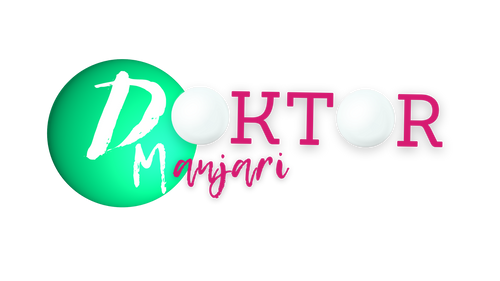There are numerous common errors that people make while preparing, eating and handling food that can lead to the depletion of vitamins and minerals.
Here are few of them:
Improper storage:
Exposure to air, light, and heat can cause the loss of nutrients in foods, so it is essential to store food properly to retain its nutritional value.
Inadequate diet:
Not eating a varied diet that includes a wide range of fruits, vegetables, multi grains, and lean proteins (different colors) can lead to nutrient deficiencies
Poor food handling:
Not washing fruits and vegetables properly before cooking can lead to the loss of vitamins and minerals, as they can get washed away during the cleaning process.
Excessive Peeling:
Most of the vitamins and minerals in fruits and vegetables are found in their skin, so peeling them can lead to the loss of nutrients.
Unhealthy food habits:
Processed foods often contain added sugars, fats, and preservatives, which can reduce the nutrient content of the food.
Irregularity:
Skipping meals or eating irregularly can lead to nutrient deficiencies, as the body may not be getting enough of the essential vitamins and minerals it needs.
Faulty preparation methods:
Cutting vegetables into very small pieces can expose more surface area, leading to nutrient loss during cooking.
Improper water usage:
Using too much water when cooking (Boiling or steaming) vegetables can cause the loss of water-soluble vitamins like vitamin C and B vitamins.
Improper cooking:
Overcooking vegetables can lead to the loss of vitamins and minerals, as they can break down and get destroyed due to high heat. Further lead to decrease in its nutritional value.
Throwing away the cooking water:
Discarding the water used to cook vegetables can lead to the loss of vitamins and minerals that have leached out into the water.
Wrong cooking method:
Some cooking methods, like deep-frying (which is one of the worst methods of cooking for vegetables) can lead to the loss of vitamins and minerals due to high heat and prolonged cooking time.
Keypoints!
. Cook in minimal water.
. Avoid overcooking food.
. Ensure washing of fruits and vegetables properly before cooking and eating them.
.Try to eat a mixed diet that includes a variety of nutrient-rich foods including fruits, multi grains, healthy fats, vegetables and, proteins can also help ensure that y body gets all the nutrients it requires.
. Prepare and store food properly to ensure that it holds its nutritional value.
